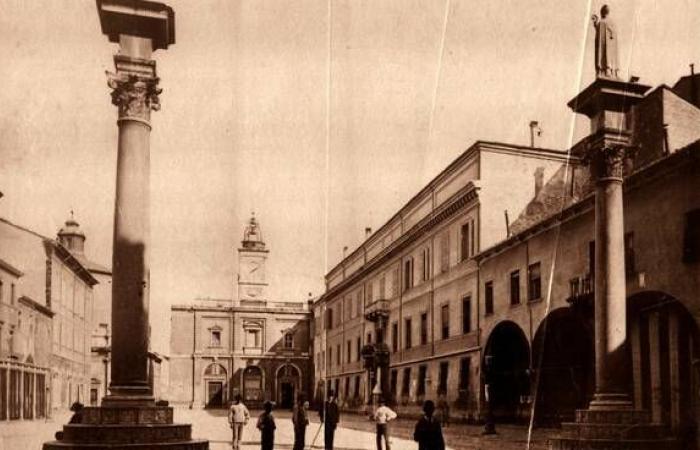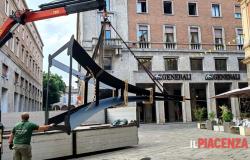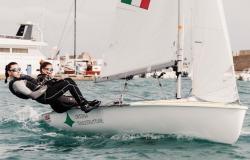
The Municipality of Ravenna, with its cultural institutions, the Classense Library and the Art Museum of the city of Ravenna, has positioned itself at the top of the ranking of the “Digital Humanities” call, managed by the Heritage service of the Emilia Romagna Region as part of the regional Fesr 2021-2027 program. The program is aimed at the economic and social development of the territories through the two pillars of the ecological and digital transition, in coherence with the objectives of the 2030 Agenda for a smarter, greener, more connected, more social, closer to citizens Europe .
The “Digital Humanities” call in particular is aimed at digitally enhancing the use of the region’s cultural heritage starting from its progressive digitalization understood both as a tool for identifying and preserving assets, and as the use of technologies to improve the use of cultural assets and institutions through the digitization of the cultural heritage of libraries, historical archives, museums and other institutions and places of culture.
Mar and Classense have obtained funding, with the support of the Municipality of Ravenna, for the requested contribution 300 thousand euros with the project “Ravenna digital collections: from Corrado Ricci to the 21st century”, which includes a three-year action plan and will be dedicated to the figure of Corrado Ricci, the great scholar from Ravenna known internationally as the father of the contemporary concept of protection of cultural heritage, who among other things was responsible for the reorganization of the art collection of the city museum in 1896. The project, in particular, focuses on integrated valorisation of the heritage of the two cultural institutions, with a methodology that highlights the connections between the heritage of the Sea and the archive of Corrado Ricci, which he donated to the Classense Library together with his books.
“The Mar and Classense cultural institutions – comments the Councilor for Culture Fabio Sbaraglia – they confirm themselves as laboratories of innovation both from the point of view of conservation and enhancement of heritage, but also from that of participation and accessibility for the public. This call represents an important opportunity to further accelerate along a path already started over the years starting from the activities of the two institutions carried out also with the precious collaboration of the RavennAntica Foundation”.
The project involves various areas of intervention relating to digitalisation, new forms of monitoring and management of cultural heritage, highlighting the connections between types of objects in the bibliographic, museum, iconographic and archival fields.
Thus, the new digitalisation of both the heritage of the Sea is envisaged, with the updating of the database, and of the Correspondents’ Correspondents of the Ricci Fund of the Classense Library and the creation of two platforms integrated with each other and with the regional and national ones, in a digital ecosystem enriched by georeferenced maps, virtual exhibitions, 3D environments and virtual educational laboratories for schools.
Furthermore, the city’s art museum intends to make use of a further digital management platform for the safety of the historical-artistic heritage for the analysis of a personalized plan based on the critical issues of the structure and the assets owned by the museum according to the Icom principles Italy (Icom, International council of museums, is the international organization of museums and museum professionals committed to preserving, ensuring continuity and communicating the value of the world’s cultural and natural heritage, current and future, material and immaterial).
The overall project will therefore be an opportunity not only to update and implement digital media for the valorisation and use of the municipal bibliographic, archival and historical-artistic heritage but will also encourage wider access to Ravenna’s cultural resources for the benefit of the scholarly public and of citizenship.





